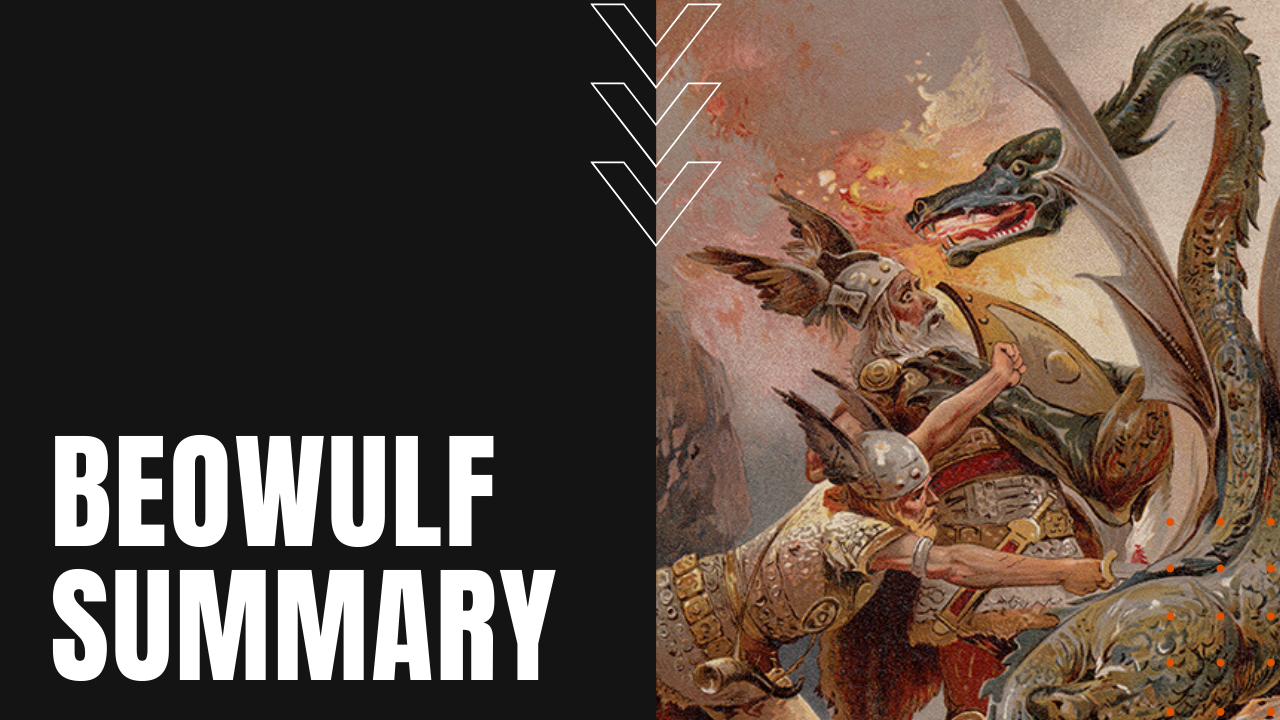Beowulf Summary

When was Beowulf Written?
Considered by many scholars to be the oldest and most translated surviving story in the English language, most place its anonymous authorship between 975 and 1025 A.D. Beowulf is an epic poem in the Norse tradition of heroic mythology, made up of 3,182 alliterative lines, and while much debate circles around when the story was put to paper.
Summary of Beowulf
Set in 6th century pagan Scandinavia—present-day Sweden and Denmark—the story’s protagonist is a hero of the Geats, who sails to the aid of Danish King Hrothgar after the king’s mead hall comes under repeated attacks by a swamp monster named Grendel, who has been killing the Danes for years when he nightly angers over the noise and music emanating from Hrothgar’s mead hall.
After his epic journey to Denmark, Beowulf defeats Grendel and later his swamp-hag mother, returning to Geatland to reign as king for the next 50 years, until a thief disturbs a treasure mound guarded by a dragon, and while Beowulf slays the dragon in a nail-biting fight, Beowulf succumbs to his injuries and passes away.
History of Beowulf
Scholars have also debated whether the story of Beowulf was passed down by generations of storytellers in the oral tradition—infusing much embellishment along the way—leading some scholars to suggest that the Christian elements of the story were added years after its Norse pagan origin.
While the story of Beowulf is written largely in the West Saxon dialect of Old English, other dialectal forms are present as well, further suggesting a long history of oral transmission prior to the story’s written form. Still, others have pointed to plot elements found in other pagan stories, including the Icelandic saga of Grettir, the Norse tale of Hrolf Kraki and bear-shapeshifting servant Bodvar Bjarki, while other persistent attempts have been made linking Beowulf to Homer’s Odyssey and Virgil’s Aeneid.
Much more definitive parallels have been drawn to the Bible, in particular, many clear allusions to the books of Genesis, Exodus and Daniel, making Beowulf, one of the oldest English language hotbeds of scholarly debate.
